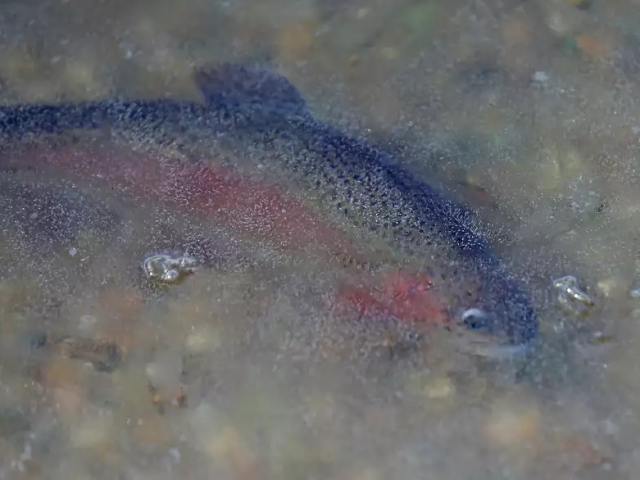How Michigan’s Pond Life Survives Winter

When a pond freezes over in winter, the ice acts as an insulating layer, allowing a vibrant ecosystem of aquatic organisms to thrive underneath. Fish such as bluegill, northern pike, and largemouth bass conserve energy by becoming less active and retreating to deeper, warmer waters. Frogs enter a state of temporary hibernation called torpor where their metabolism and heart rate decrease. Painted turtles switch to anaerobic respiration to survive extended periods without oxygen. Aquatic insects produce a substance like antifreeze that lowers the freezing point of their bodily fluids.
Despite these adaptations, many organisms do not survive the low-oxygen environment of winter lakes and ponds. Winterkill of fish is very common, especially in shallow water bodies.
Despite these challenges, pond ecosystems are resilient. The adaptations of aquatic organisms ensure that life persists beneath the ice until the spring thaw.
Read the full story on Manistee News Advocate.
